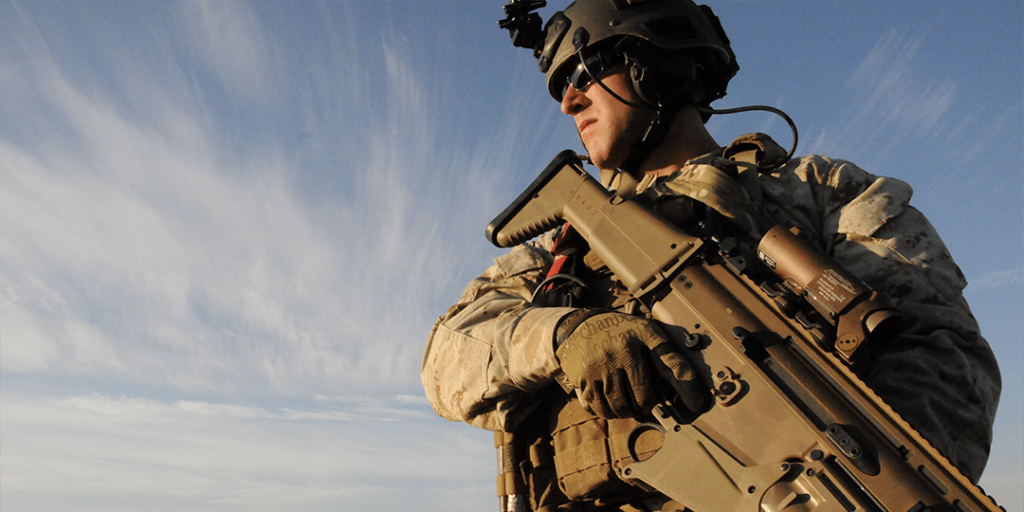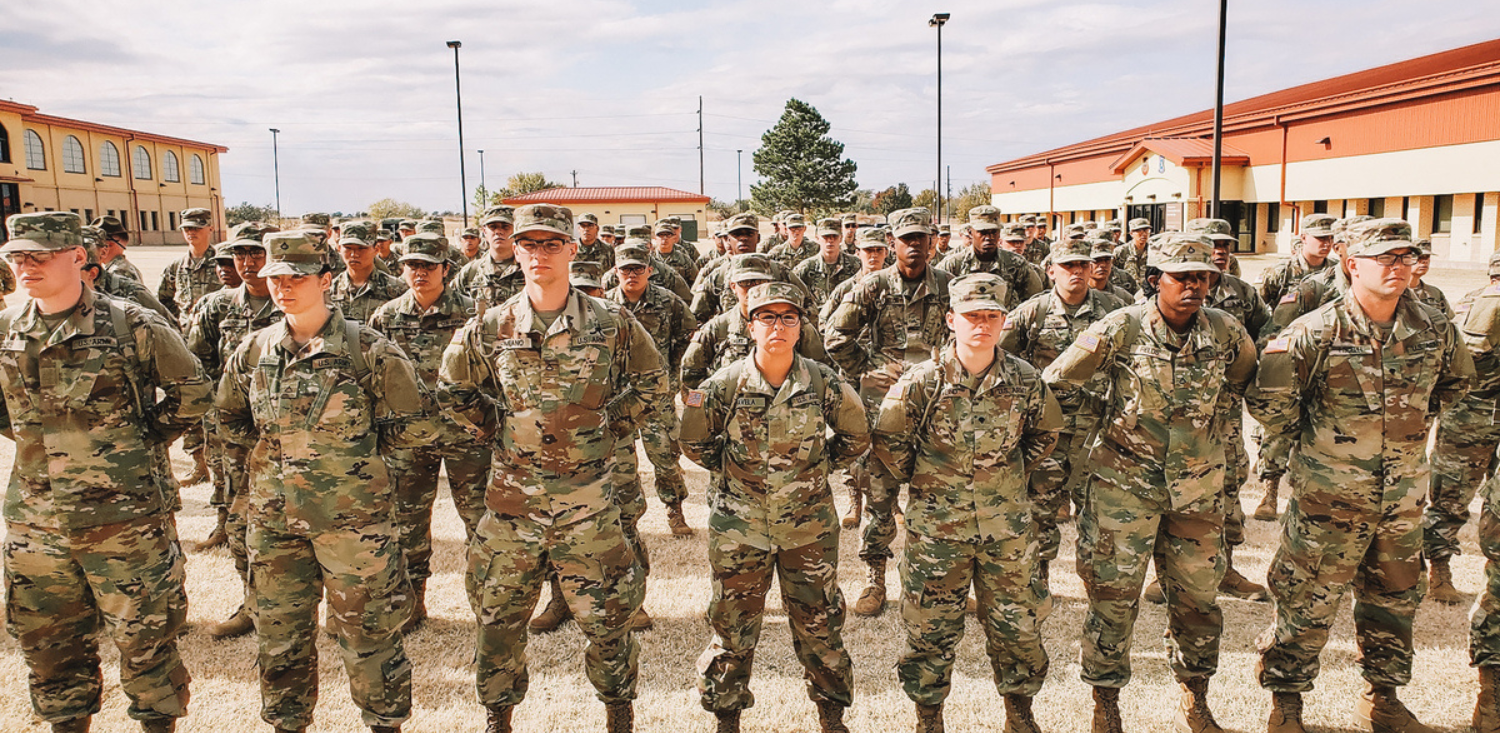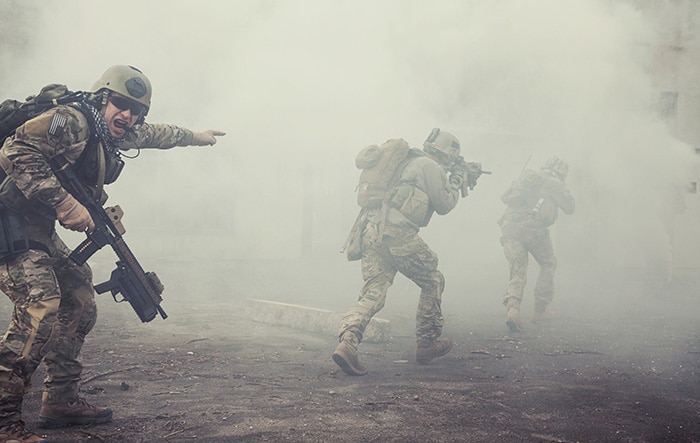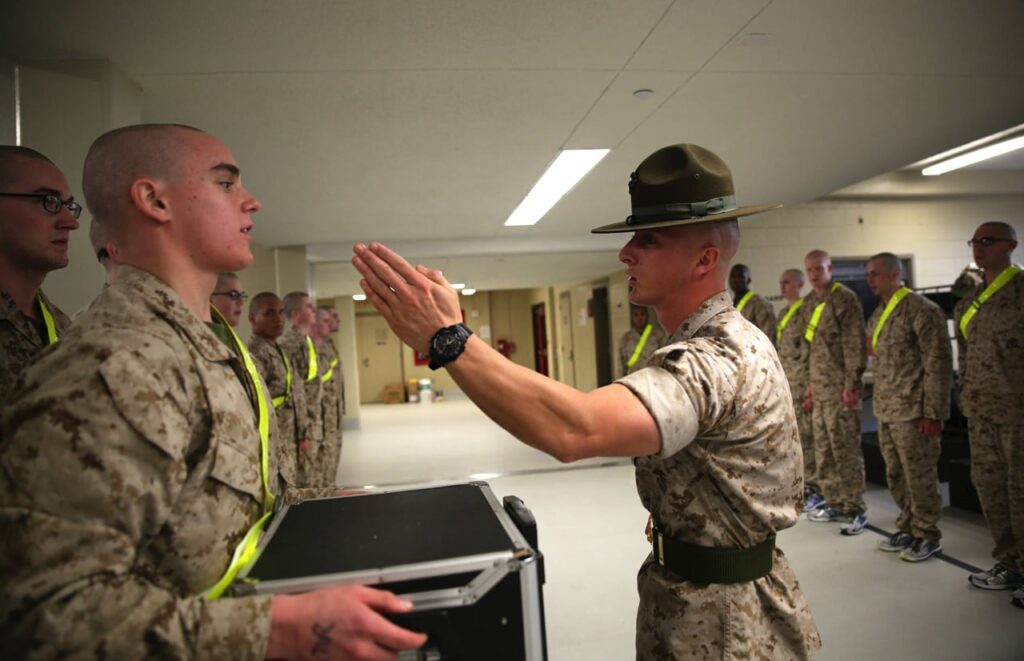
- The App
- Sandboxx News
- Resources
Learn
- Company
About
Become a Partner
Support
- The App
- Sandboxx News
- Resources
Learn
- Company
About
Become a Partner
Support
You may not get much choice where you move when it comes to military life. That’s the nature of the job. But usually, you can...

You may not get much choice where you move when it comes to military life. That’s the nature of the job. But usually, you can choose how you move.
There are a few options during a military PCS (permanent change of station).
These include:
Orders will say whether the move is stateside (CONUS), or outside the continental U.S. (OCONUS). Overseas moves do not qualify for a PPM. During an OCONUS move, the military will contract packers and movers to ship your items in crates.
A Do-It-Yourself move (DITY) is now called a Personally-Procured-Move (PPM). A PPM means the government reimburses you for your moving expenses, but you figure out the logistics yourself. This includes finding, booking, and communicating with packers and movers. Or you are the packers and movers.
You are eligible for a PPM if you:
A PPM takes a lot of work for the service member. Yet, many believe the financial benefits are worth it.
There are definite benefits to doing a PPM. Some people appreciate being the only ones to handle their household goods (HHG). PPMs are beneficial if the move has to happen quickly. If a report date is fast approaching, many don’t have time to schedule or wait on packers and movers.
Some choose a PPM for peace of mind. During a PPM, no one handles your household goods but you if you don’t want them to. You risk your things getting lost or broken when you allow others to move them for you. No one’s going to take care of your things in the same way you do.
During a military PCS, you rarely get to pick the timing of when things happen. However, even more so if you have contracted packers and movers. You work around their schedule. Yes, you can give them a date but this doesn’t always guarantee their timing will line up with yours.
When you choose a PPM, you arrange things in a time frame that works for you.
Packing and moving your things how you’d like cuts down on the risk of loss or damage. You know exactly where your items are because you put them there. Not someone else. You know when they’ll show up at your new station because you are driving the moving truck. Knowing how and when they’re packed allows some of the moving stress to melt away.
After your move, you’ll be able to claim things you used during your PPM. These include a rental truck, boxes, weight tickets, and some packing materials. But be aware it does not include items such as totes, Safe Move insurance, or storage.
During a PPM, the military will pay you 100% of what it would cost them to hire movers. If you spend less than the military would spend to hire movers, you keep the difference. Besides the reimbursement, you’ll receive regular military PCS travel allowances.
Many choose to do a PPM because of the financial benefits.
There are definite benefits to a PPM. But there are also not-so-beneficial things to consider. While timing and responsibility can be pros to a PPM, they can also be cons to them, too.
Finding packers and movers is stressful. But especially during a busy military PCS season. Chances are, the government has already contracted out local movers. They may not have much availability if you’re in a more remote area. There may not be as many reliable local movers to choose from. Added stress like timing, responsibility, and family circumstances, all factor into a move.
With the responsibility of moving yourself, also comes the responsibility of finding support. It’s difficult for one or two people to pack and move all their belongings. Finding some reliable people to help can be stressful, too.
During a PPM, no one else handles your household goods. If you have movers and something gets broken, you can file a claim for those items. Unfortunately, if you break your items, that’s on you.
Moving is not cheap. During a PPM, the service member must pay for a lot of the logistics themselves up front. While the military reimburses for expenses, many choose to not do them because of those costs.
While scheduling logistics yourself can work for you, they can also work against you. During a PPM, you are at the mercy of someone else’s schedule. The packers show up when they can. Your things get delivered when it works with the driver’s schedule. While you can state a preference, you may not get the final say. Timing can change because of other people’s schedules, weather, or random circumstances.
When deciding on your move, there are a few factors to consider. Some are personal choices, whereas others are more practical. Finances, timing, and convenience are major factors. You decide which type of move is right for you and your family.
It might seem overwhelming at first to hear so many acronyms thrown around during a military PCS. Fortunately, there are so many resources to use. Talk to your spouse or service member. Decide which type of move works best for you and your family. Choosing one type of move for one PCS doesn’t mean you have to do the same next time.
Regardless of which choice you make – to PPM or not to PPM – it’s bound to be a valuable learning experience!




